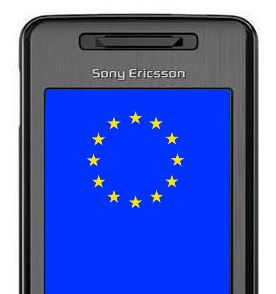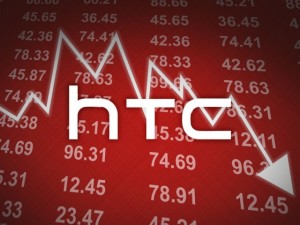Impossible Telecom turns out to be impossible after all
 Serial entrepreneur Dan Lane has sadly announced that his project Impossible Telecom has effectively been put been on indefinite hold. There’s been a bit of a hiatus in updates leading many to assume that he’d run into some stumbling blocks and unfortunately that seems to be the case. He has announced that he’s no longer working full time on the company.
Serial entrepreneur Dan Lane has sadly announced that his project Impossible Telecom has effectively been put been on indefinite hold. There’s been a bit of a hiatus in updates leading many to assume that he’d run into some stumbling blocks and unfortunately that seems to be the case. He has announced that he’s no longer working full time on the company.
Dan just blogged earlier this week explaining that he has been working hard on the start-up over the last year putting his telecoms expertise to use. However, although the network was due to launch about six months ago, the reason it was never able to get off the ground is because the parents networks that would be providing the infrastructure and selling on their airtime and network capabilities didn’t want to play ball.
Dan Lane doesn’t go into great detail but the implication is that either his idea for Impossible Telecom was too novel or that the existing networks deemed it too great a threat. We think it’s a real shame. Some of the ideas that were going to form the backbone of Impossible Telecom were really exciting and came from proper blue skies thinking.
We first took a detailed look at Impossible Telecom back in April 2012. One of the exciting ideas put forward was the ability to have two accounts or phone numbers on one SIM card. So that you don’t need to carry around multiple devices to have a separate number for work and for personal use. Even better, Impossible Telecom was going to let you use your same mobile number on different phones and in different places. And to let you share your call, text and data bundles across all your devices.
We need people like Dan Lane to push forward the evolution of technologies that so often stay stagnant. Can we really trust by-the-book companies like Vodafone and O2 to invest in real innovation? When the UK’s networks drag their feet on basic stuff like the introduction of 4G, progressive and affordable data plans or even simple apps like real-time itemised billing how can we expect them to produce mobile services for the future. Things fit for the 21st century? There’s far too much corporate close-mindedness, playing catch-up and chasing after profits.
Sadly, it’s looking like Impossible Telecom won’t be happening any time soon but the good news is that we might see some of the technology that went into it appearing as standalone products in the coming years.
What do you think? Are you surprised that Impossible Telecom didn’t work in the end? What was your most anticipated feature? If you were designing a mobile network, what innovations would you introduce? And do you agree with our analysis of the existing mainstream networks?



 There are rumblings and murmurs that a pan-European network may be coming soon. It is an issued that has been talked about recently but recent developments are the most concrete steps seen yet toward a European fully-integrated mobile telephony network. The rumours come following a private meeting between some of the continent’s biggest telephone companies with EU bigwigs also attending.
There are rumblings and murmurs that a pan-European network may be coming soon. It is an issued that has been talked about recently but recent developments are the most concrete steps seen yet toward a European fully-integrated mobile telephony network. The rumours come following a private meeting between some of the continent’s biggest telephone companies with EU bigwigs also attending. HTC, the Taiwanese mobile phone manufacture, has just posted troubling financial results. The latest figures show that net income has fallen almost 100% compared to last year. The net income for HTC was only £21.2 million – shockingly this is the lowest since 2004 when far fewer smartphones were being sold.
HTC, the Taiwanese mobile phone manufacture, has just posted troubling financial results. The latest figures show that net income has fallen almost 100% compared to last year. The net income for HTC was only £21.2 million – shockingly this is the lowest since 2004 when far fewer smartphones were being sold.


Recent Comments